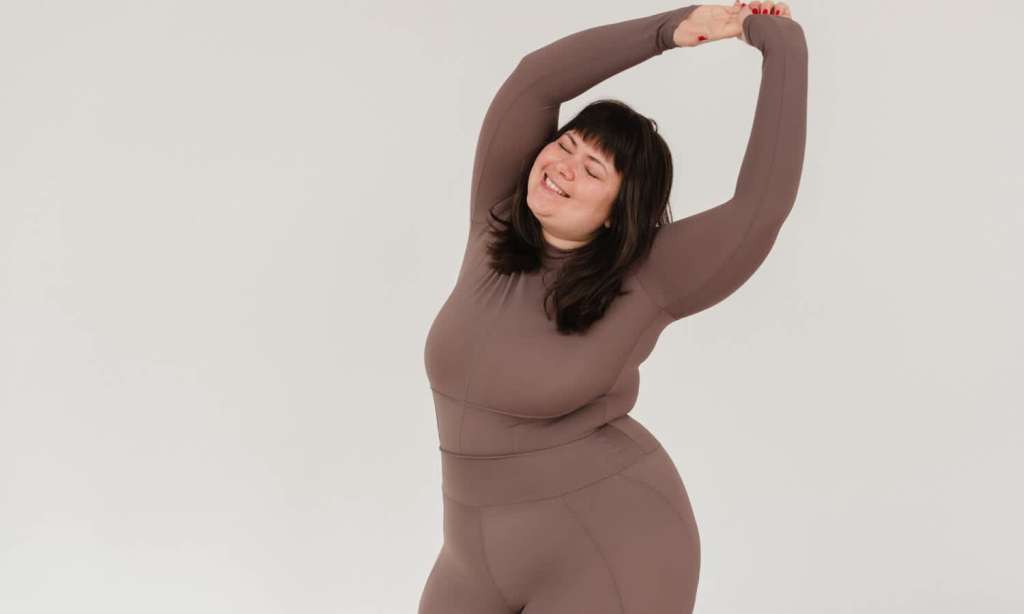Norway has passed new regulations that require influencers and advertisers to label their retouched photos on Instagram, and we can’t believe that this isn’t a law literally anywhere else.
Filtering and editing photos in order to make them unrealistically appealing has been the catalyst for so many corrupt beauty standards. Unfortunately, it has also been a technique used by fashion magazines and advertisers for as long as they’ve been able.
It’s not as though we look at these photos and see something realistic. In this digital age, we’ve got a pretty trained eye to spot a raw or lightly retouched image versus something that has an extreme filter and editing applied. Even still, our eye likes what it sees. We’ve been taught to be materialistic in many ways, as a society that suffers from consumerism, and we can all be tempted by beautiful things in moments of weakness.
These new laws in Norway are intriguing. When talking about filters on photos of people, I think that forcing them to label it encourages transparency that we kind of already expect on social media these days. Unrealistic beauty standards shouldn’t be considered normal or expected and I personally feel that people who are editing their photos should be honest about it.
Editing yourself in photos isn’t just harmful to others, but can also reflect an unhealthy way of viewing yourself. You may feel as though you need to look a certain way to appear in a bikini on social media, and we all know that we’re our own worst critics, especially when it comes to our bodies.
Edited photos on social media definitely reflect the world that we live in, the standards we feel are expected of us and sometimes, those standards are unrealistically out of reach and really damaging to our self-worth.
But when it comes to advertising, you’ve got to ask the question if ‘true’ advertising makes the big bucks that advertisers aim for? In order to be tempted into buying something, it has to look good, otherwise we’d rather keep our $$ in our pockets.
So when it comes to say, a photo of a holiday destination or a flatlay of products, do you think that filtered photos should be labelled?
The new regulations in Norway were passed as an amendment to the nation’s Marketing Act, through an extreme 72 to 15 vote earlier this month. The King of Norway hasn’t decided when they will go into effect, but they’re hoped to be implemented in the coming months.
Under the new regulations, advertisements where body shape, size or skin has been retouched — even through a filter before a photo is taken — will require and standardised label designed by the Norwegian Ministry of Children and Family Affairs, as reported by Vice.
A few examples of pictures that would need said label include things like enlarged lips, narrowed waists and exaggerated muscles. Say bye to using Instagram filters on your actual feed, basically.
The law also covers images from influencers and celebrities that do paid posts, also adding in Facebook, Snapchat, TikTok and Twitter into the occasions.
According to Vice, violations of this law and in any case where someone fails to label a retouched or filtered photos will receive escalating fine and in extreme cases, imprisonment.
“Body pressure is present in the workplace, in the public space, in the home, and in various media, etc,” the Ministry of Children and Family writes in the proposed amendments sent to the Norwegian parliament. “Body pressure is always there, often imperceptibly, and is difficult to combat. A requirement for retouched or otherwise manipulated advertising to be marked is one measure against body pressure.”
“The measure will hopefully make a useful and significant contribution to curbing the negative impact that such advertising has, especially on children and young people,” the ministry added.
They also acknowledged that in some cases, it may be difficult to tell if a photo has been edited and therefore, this regulation may prove difficult to enforce. But they’re pretty determined to try and although the punishments seem a little harsh, we think that they’ve truly got the right idea when it comes to neutralising body-shaming and dismorphia due to unrealistic beauty standards.
Read more stories from The Latch and subscribe to our email newsletter.







